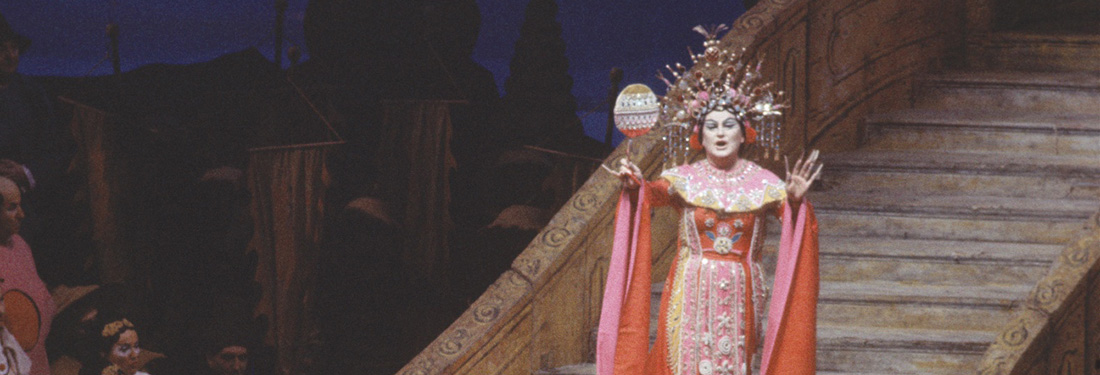
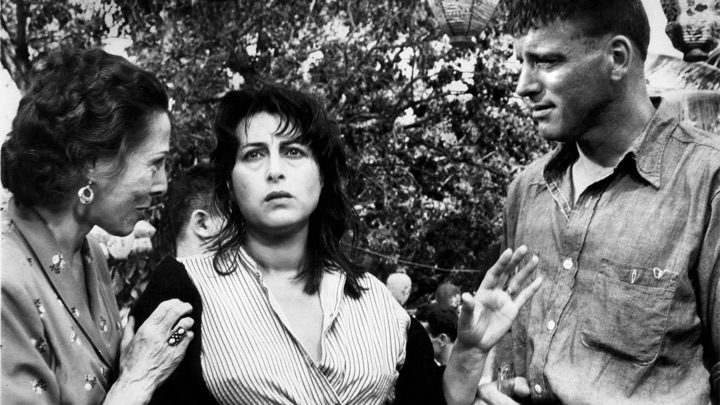
David Fox: Actually, I may be more extreme on both sides of this than you are, Cameron. I’d rank that Broadway Rose Tattoo as absolutely dire—indeed, probably the worst theater direction (by Trip Cullman) I’ve even seen at that level. On the other hand, the 1955 movie strikes me as an absolute triumph in virtually every sense, including as you’ve pointed out, the cast. Watching this film version directed by Daniel Mann—who, not coincidentally, also directed in the Broadway premiere—the movie now goes into two important categories for me. One is that it’s an ideal example of how much a director can do by working in stylistic counterpoint with the script, rather than emphasizing its more obvious qualities. (More on that later.) But also, a question I’m often asked is if I can think of a major play where the film adaptation is actually the best version I can imagine. My answer and example has always been: “Yes—Who’s Afraid of Virginia Woolf?” I’m going to add Rose Tattoo to that list.
CK: Mann directed this on the heels of another stage-to-film adaptation, Come Back, Little Sheba, where I think he also smartly emphasized the central’s character’s evolution—not to mention directing both Magnani and Shirley Booth to Oscars. In Sheba, he showed the claustrophobic loneliness that weighed down Booth’s Lola, trapped in a dead and childless marriage to a hopeless alcoholic, until she reached an almost violent breaking point. Here, he shows Magnani’s Serafina as a victim of both an obsessive love and a repressive society—but in the end, she experiences an awakening, rather than the resignation that greets Lola at the end of Come Back, Little Sheba. Still, in both cases, you get performances that are utterly fascinating for how they capture minute personality details, and Magnani fully manages the big swings from melancholia to passion that are so uniquely Tennessee Williams’s.
DF: Truly, I think it would be almost impossible to overpraise Magnani in a performance that’s absolutely riveting from start to finish. This was her first role in English, I think, but though her Italian accent is (appropriately, for the role) thick, she communicates both text and subtext with a clarity and insight that few native speakers ever possess. Her utter lack of vanity is astonishing, and moment to moment, she turns from drab frump to fiery seductress in a way that’s simply jaw-dropping.
CK: This point cannot be overstated. I don’t think Serafina is meant to be exceptionally beautiful—in an early stage direction, Williams describes her as looking like a plump, provincial Italian soprano—but there has to be some kind of magnetism that penetrates her somewhat dumpy, unkempt exterior. And you rarely get the right balance. Tomei was far too outwardly alluring—even made to look disheveled, she still glowed with a fresh, natural loveliness that was all wrong. On the opposite end, Maureen Stapleton (who can be heard in a complete recording made in the late 1960s, a decade and a half after she created the role) is all frump. Magnani really nails the fine line between harridan and siren so flawlessly.
DF: If you want an unforgettable mini acting lesson, go one hour and eighteen minutes into the film, to the moment where Serafina has just realized that Alvaro (Lancaster) is asking to spend the night. Within a space of maybe 30 seconds, you’ll see every possible emotion register on her face, and a huge dose of comic charm in the mix. When I said earlier that this movie plays against the obvious, Magnani’s ability to find humor and slyness in even the grimmest moments is a simply miraculous example of that. In line after line, she finds a wit that I could not have imagined was there.
CK: We should talk about Lancaster too. As with the hopeless Doc in Come Back, Little Sheba, he’s playing against type, and quite well. There is something cheerfully boyish about his performance that contrasts nicely with Magnani’s been-around-the-block attitude. It’s a quality that makes his seduction of her really seem like an awakening for both of them.
DF: I think Lancaster is marvelous and very endearing here. My first reaction was similar to yours—to note that he’s playing against type. And that’s true, certainly, in terms of the swashbuckling athleticism of a number of his early roles. When I looked over his filmography, though, I realized what a wide range of parts he actually did. But what I think is particularly striking here is that although it’s impossible to ignore his handsomeness—that face is one of the great male bone structures of its era—you can actually believe that Alvaro has no idea that he’s good looking. And that’s a rare quality in a movie star, which by then Lancaster was.
CK: Really, the acting across the board is superb. I didn’t know much about Marisa Pavan other than her status as the sister of the equally beautiful, tragic Pier Angeli. She’s wonderful as Serafina’s defiant American daughter—distinct and strong-willed in a role that can come across as underwritten or shallow in the wrong hands. And she has great chemistry with Ben Cooper, who plays her seaman boyfriend.
DF: Agreed about both Pavan and Cooper, who manage to play youthful sweetness without any sense of Hollywood condescension. Really, Rose Tattoo can only work if the four central actors are absolutely believable, and that’s what we get here. But wait—there’s more! Two character actresses from the original Broadway production—Dorrit Kelton and Florence Sundstrom—make much out of small supporting roles. Virginia Grey is memorable in every moment she has as the fabulously named Estelle Hohengarten, who is referred to as “a blackjack dealer from Texas” and was the mistress of Serafina’s adored and now dead husband, Rosario Della Rose. (Yes, the rose iconography is laid on pretty thick here). This truly is oddball casting for Grey, who usually is the last word in elegance, but she nails it. And then there’s Jo Van Fleet, in her third fabulous supporting role of 1955. In fact, Van Fleet plays the part that Sundstrom played on stage (and Sundstrom takes the smaller role of her friend), and is absolutely delectable as a no-holds-bar bitch, including a hair-pulling event to rival Neely O’Hara versus Helen Lawson.
CK: In addition to Magnani, the film won Oscars for Cinematography and Art Direction, and the importance of the aesthetics here cannot be overstated. Williams set the play in New Orleans, though the movie was shot in Key West, which allows for both a tropical backdrop and a cloistered, small-town vibe that reinforces the confined borders of Serafina’s Italian-immigrant community.
DF: Thanks for bringing this around to the aesthetics, Cameron, since that’s a big part of what I mean by Mann’s working in a different direction than the script. As much as I adore Williams, I have to admit that Rose Tattoo is, to put it mildly, flawed. As a set of character studies, it’s often beautiful and poetic. But the tone is crazily all over the place—overwrought, grandiose, and symbolic in ways that never cohere. What Mann does, instead of underscoring it, is to visually offer something quite different. The movie, with James Wong Howe‘s sensational black-and-white cinematography, has the taut, dry edginess of a great film noir. And in doing that, I think Rose Tattoo hangs together here as I’ve not seen on stage—nor, frankly, could I have imagined it from reading the play.
CK: Speaking of Williams adaptations—and Magnani—we’ll next be looking at The Fugitive Kind, based on Orpheus Descending, one of the legion of his problem plays. Andiamo!

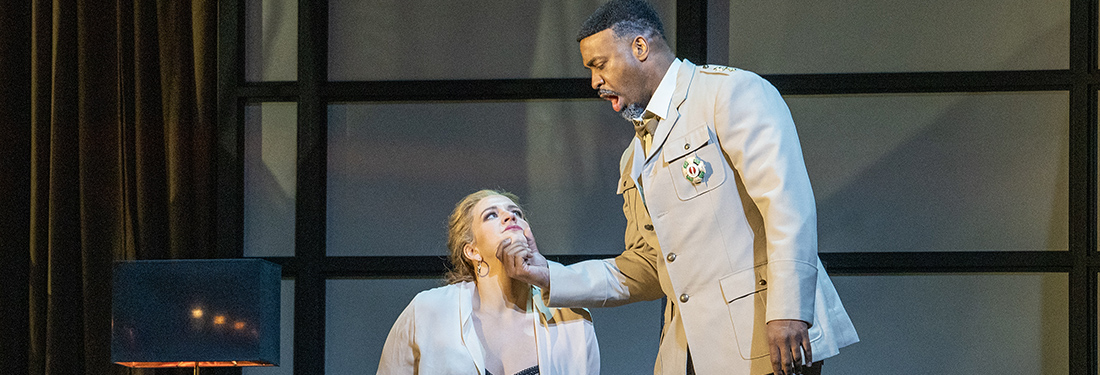
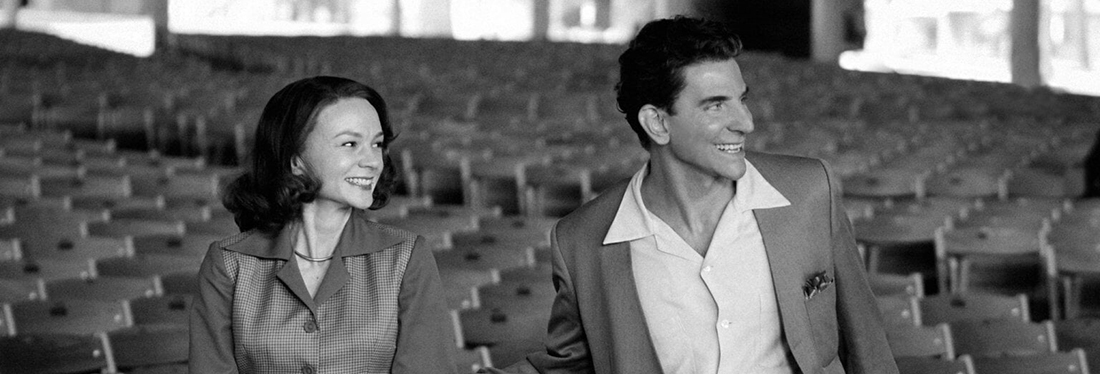
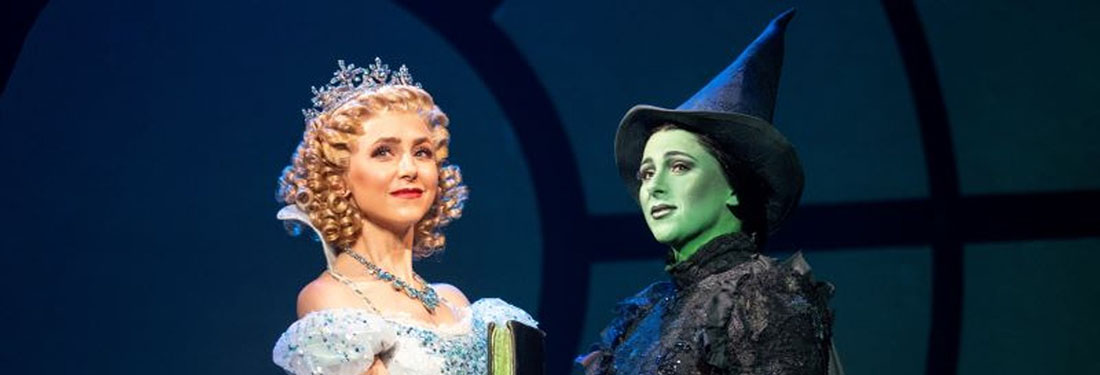
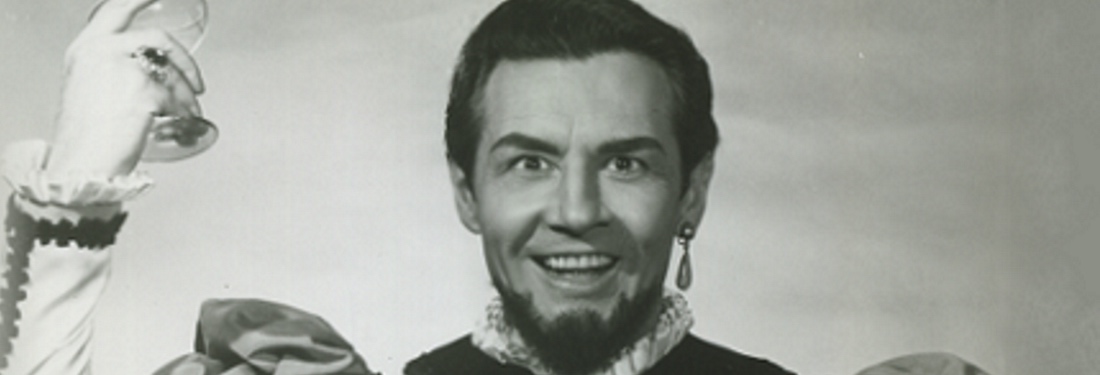
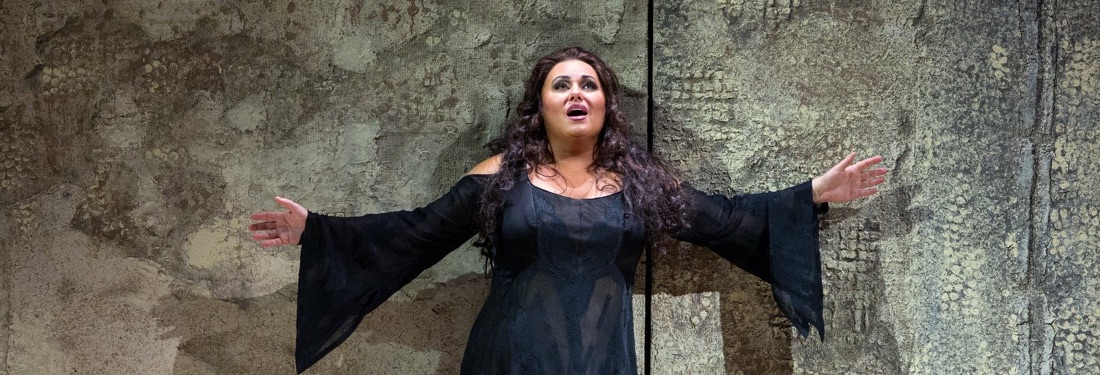


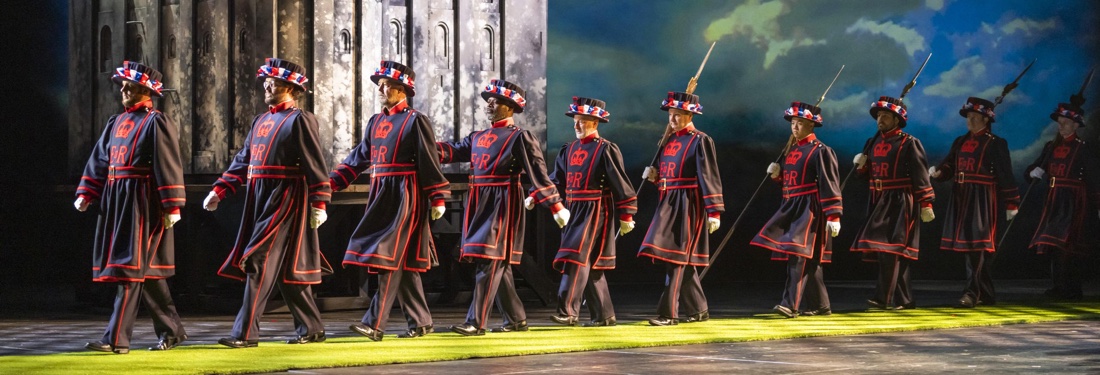

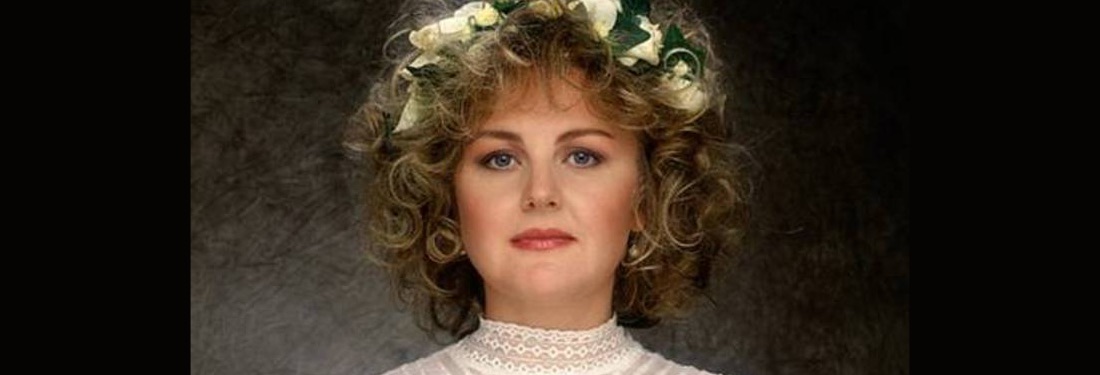
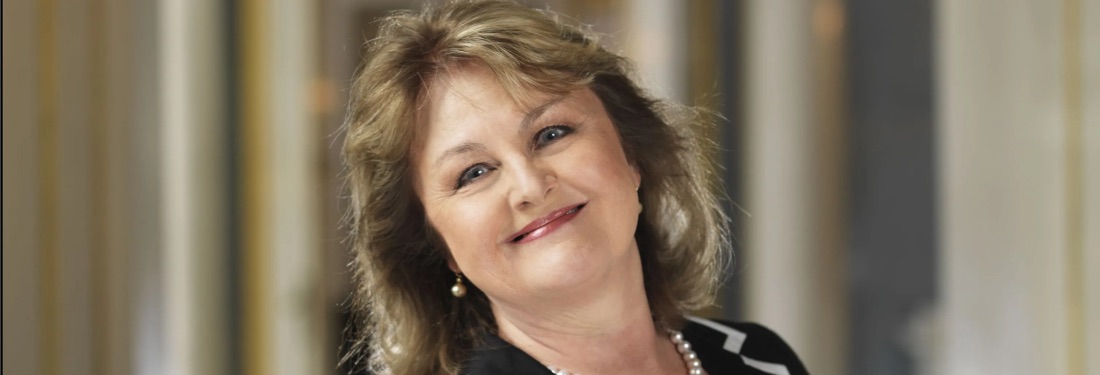
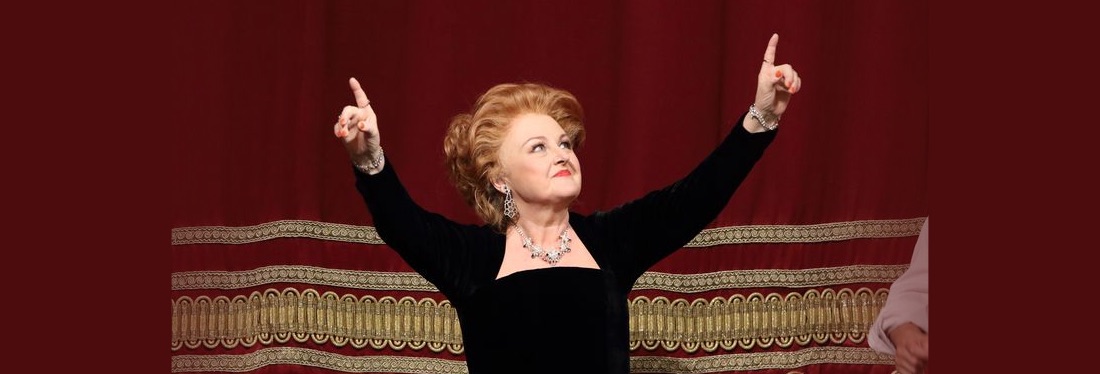
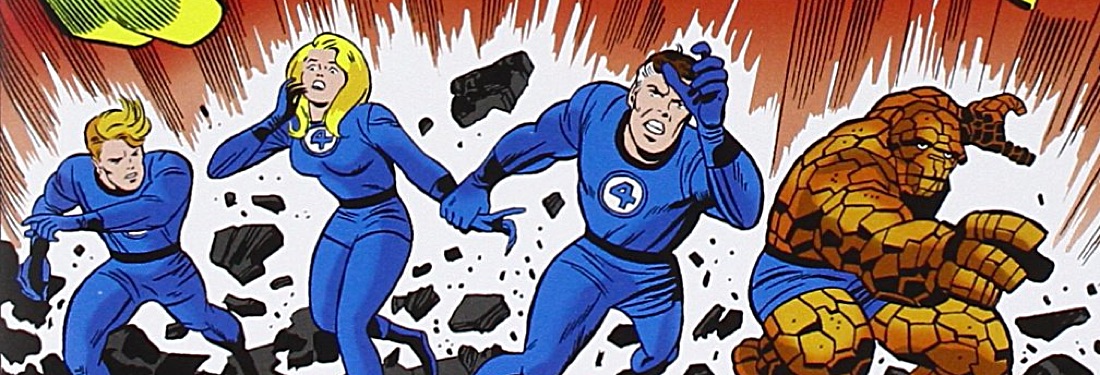











Comments